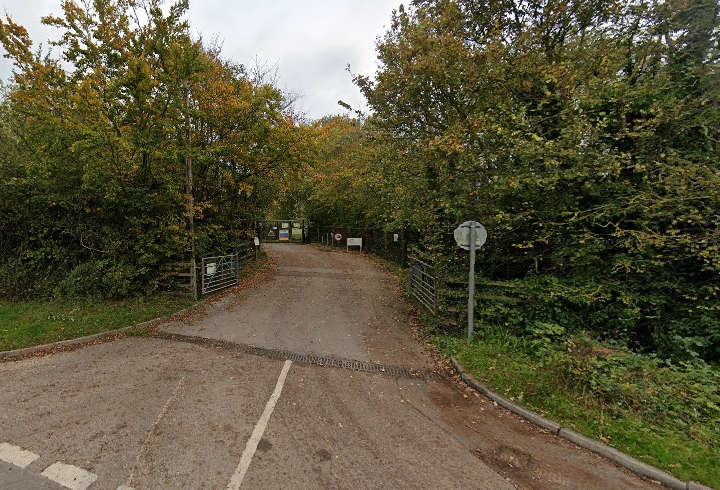
A crucial and long-awaited study that predicts the extra sewerage capacity needed to cope with housing growth in one of Devon’s districts shows the firm has “quite a lot to prove”.
With huge housing growth planned for East Devon in the next 15 years, including the forthcoming second new community of Marlcombe, planners have been trying to predict what extra sewerage infrastructure will be needed for the area’s planned extra homes.
The so-called water cycle study, commissioned by East Devon District Council and carried out by sustainability consultants Haskoning, provides independent analysis of immediate and potential future concerns over various water and water-related infrastructure issues, notably waste water treatment plants.
Concerningly, its new analysis suggests four of East Devon’s 16 waste water treatment plants are already running beyond their dry weather flow capacity permit limits, and that seven – including Maer Lane in Exmouth, Feniton and Otterton – would be doing so if house building targets in East Devon are hit without any sewer infrastructure upgrades or additions.
The council has previously issued a vote of no confidence in South West Water.
However, it’s understood the analysis uses a more stringent benchmark for analysing the plants than environmental regulators may require, meaning South West Water said it did not recognise the data.
The water company added that its plants in East Devon were not exceeding their limits, and that if they were, the company would be facing enforcement action.
The study also highlights some pressures on drinking water are expected in “limited areas” but that this could be managed through a “combination of infrastructure upgrades” and reduced leakage.
Councillor Todd Olive (Liberal Democrat, Rockbeare & Whimple), the portfolio holder with responsibility for strategic planning, said the much-anticipated report set a challenge for the water firm.
“”Do we trust them to respond in the way we want them to?,” he said. “They have quite a lot to prove as the evidence in this document suggests they are running beyond the permit limits at four treatment stations, including in Honiton by nearly 50 per cent,” he said.
“They have allowed that to happen, and that data is before you look at combined storm overflows [sewage discharges] so they have a lot to prove in that respect.
“And we’re open to them proving it, but it is on them to respond, and if they don’t, we will hold them to account as we have the data here in black and white.”
Cllr Olive added that problems related to sewage capacity and additional waste water-related infrastructure could be dealt with via “engineering solutions”, meaning they were not insurmountable.
The release of the water cycle study will be welcomed by the council’s planning committee in particular, whose members frequently question whether the sewage system can cope with further development.
Ed Freeman, the council’s assistant director for planning strategy and development management, acknowledged that since the previous water cycle study in 2010, South West Water had made improvements, including to the waste water treatment plant at Countess Wear, which serves the western part of East Devon, and at Maer Lane in Exmouth.
Those works have improved the sewage system in those areas.
But he said Countess Wear did not currently have the capacity to deal with the planned housing growth in the west of the district, and that the water cycle study’s assessment excludes potential housing growth in parts of Exeter and Teignbridge that also rely on that waste water treatment plant.
As such, Mr Freeman said a new treatment plant would be needed to serve the new community of Marlcombe, but steps are being taken to ensure the council can deliver the required sewage infrastructure if South West Water could not.
“Our control is over new development coming forward, but we don’t have control over South West Water or when it delivers its infrastructure,” he said.
“We can work with them and make sure the trajectories for new housing development and sewerage infrastructure align, but we don’t have control over them.
“We’re trying to keep our end of the deal, but we are reliant on SWW investing in infrastructure and if they don’t then we will have to stop issuing [planning] consents, or on the approvals we do issue, we’ll have to put conditions in place that stipulate houses can’t be built until the relevant infrastructure is in place.”
Those conditions, known as Grampian conditions, can be used to require certain stipulations to be met before homes are built or occupied, and Cllr Olive said the water cycle study was “the evidence we need to justify the Grampian conditions” in relation to sewage and water.
Mr Freeman added that the council could also stipulate the overall energy efficiency of new homes and ensure standards were met through building regulations.
He also said the water cycle study would be able to inform its forthcoming local plan that outlines where future housing development could go, and which will undergo a second public consultation, beginning later this month and running through to early January.
South West Water added that it wanted to work with East Devon to ensure it could support the council’s housing strategy, and that it would always aim to ensure extra demand, including through housing development, could be met with improvements or additions to the sewage system.

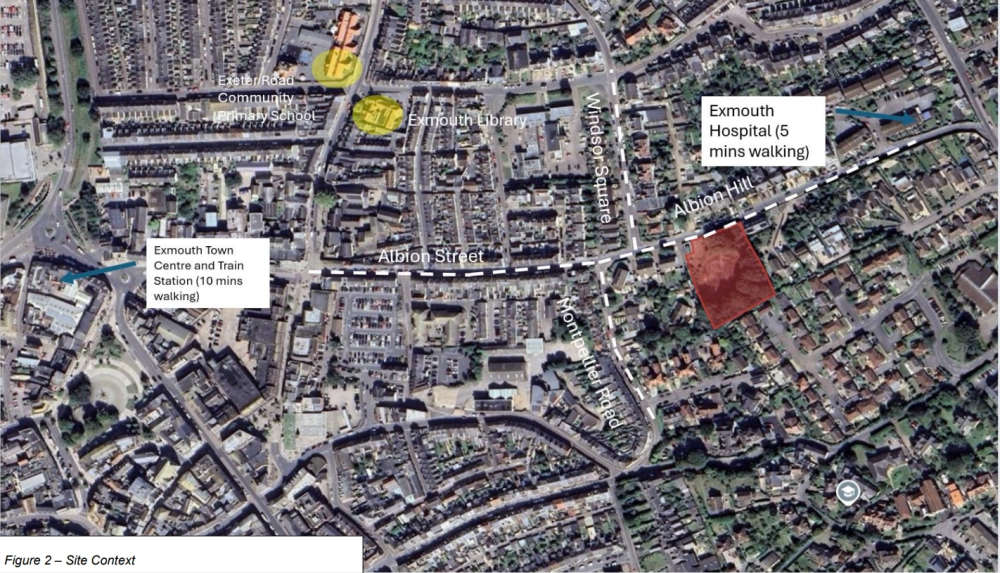 Double apartment block plan for old gas works in Exmouth
Double apartment block plan for old gas works in Exmouth
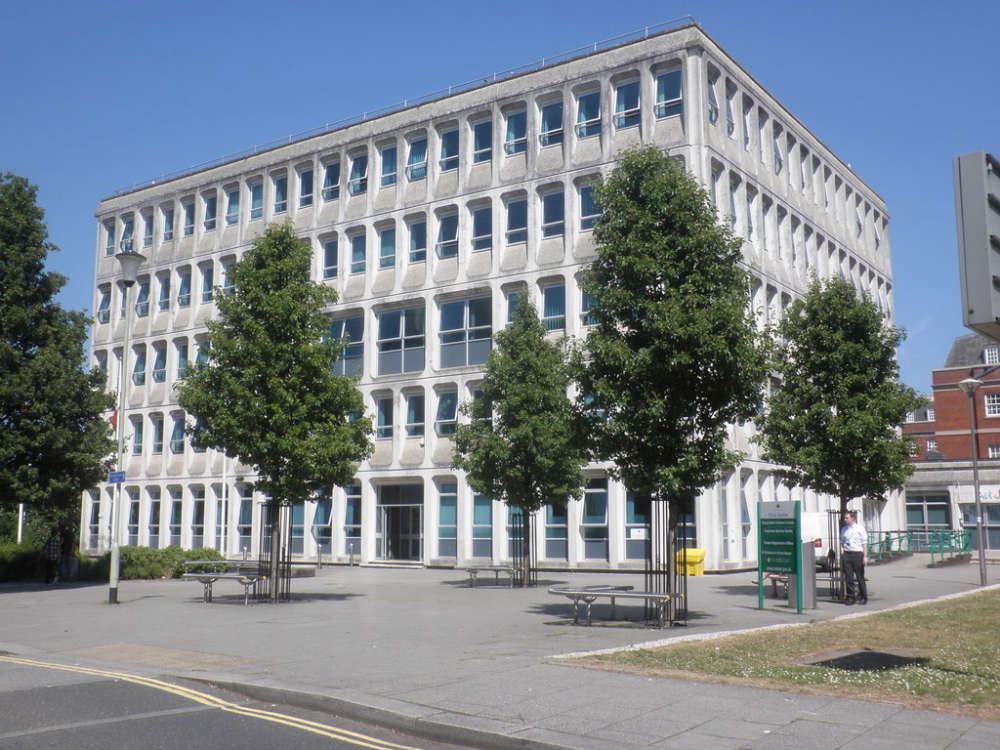 Opponents unite to demand Exeter elections
Opponents unite to demand Exeter elections
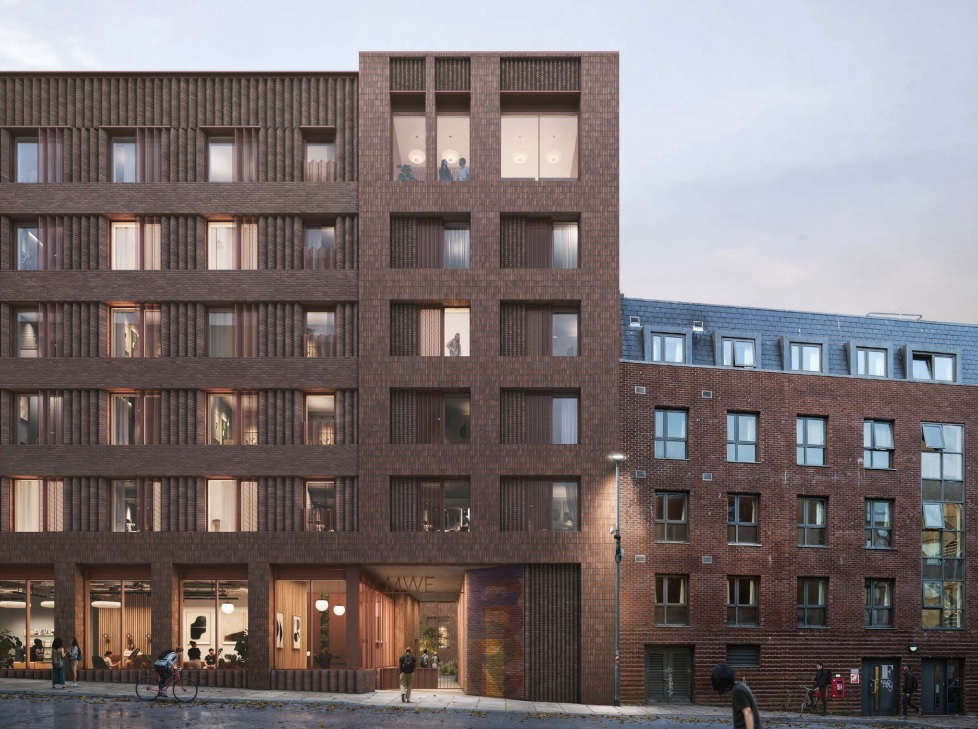 Student homes block will replace former Exeter nightclub
Student homes block will replace former Exeter nightclub
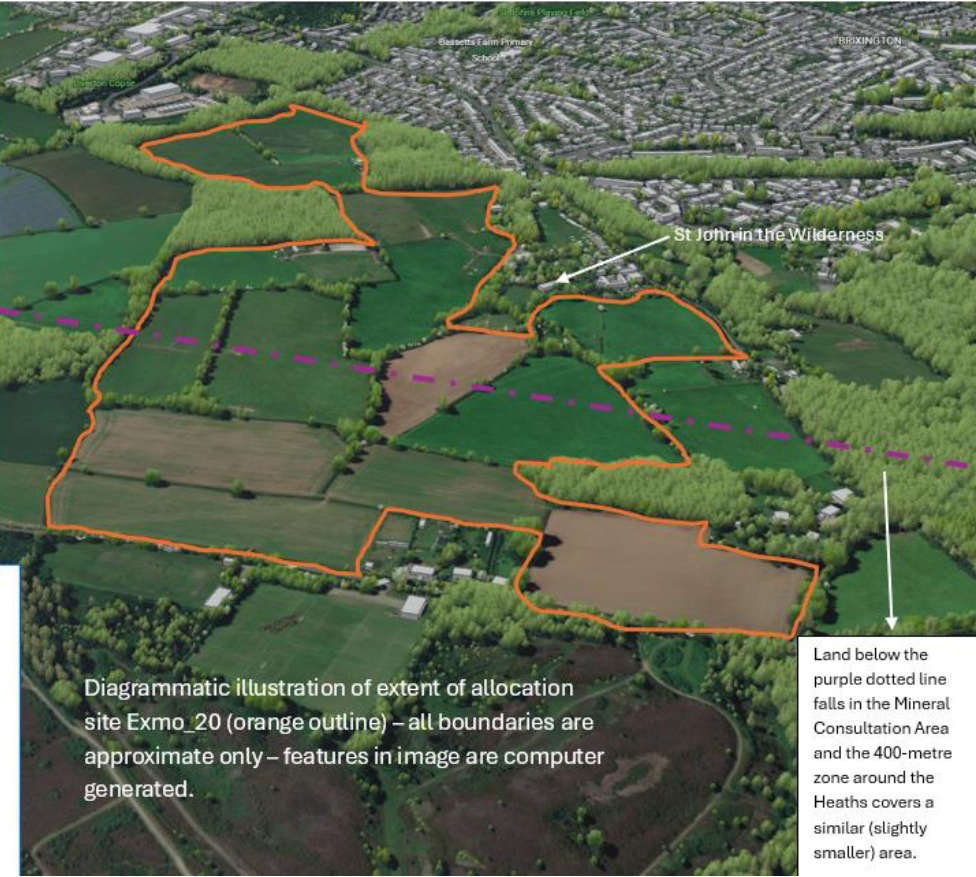 Campaigners push for more opposition to mammoth 700-homes plan in Exmouth
Campaigners push for more opposition to mammoth 700-homes plan in Exmouth
 Exmouth WW2 bomb removed from Exmouth marina and taken out to sea for detonation
Exmouth WW2 bomb removed from Exmouth marina and taken out to sea for detonation
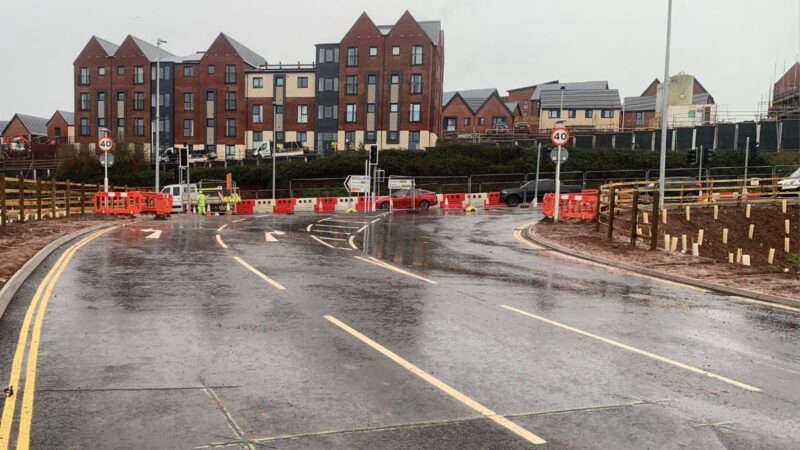 New junction on outskirts of Exeter set to open
New junction on outskirts of Exeter set to open
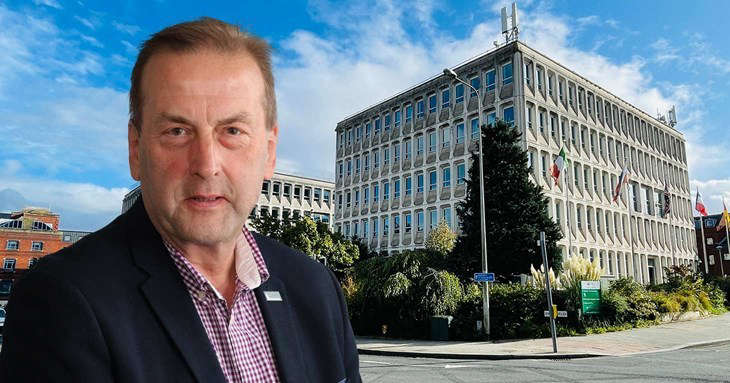 Exeter council leader hits back at election cancellation critics
Exeter council leader hits back at election cancellation critics
 Cordons lifted in Exmouth
Cordons lifted in Exmouth











